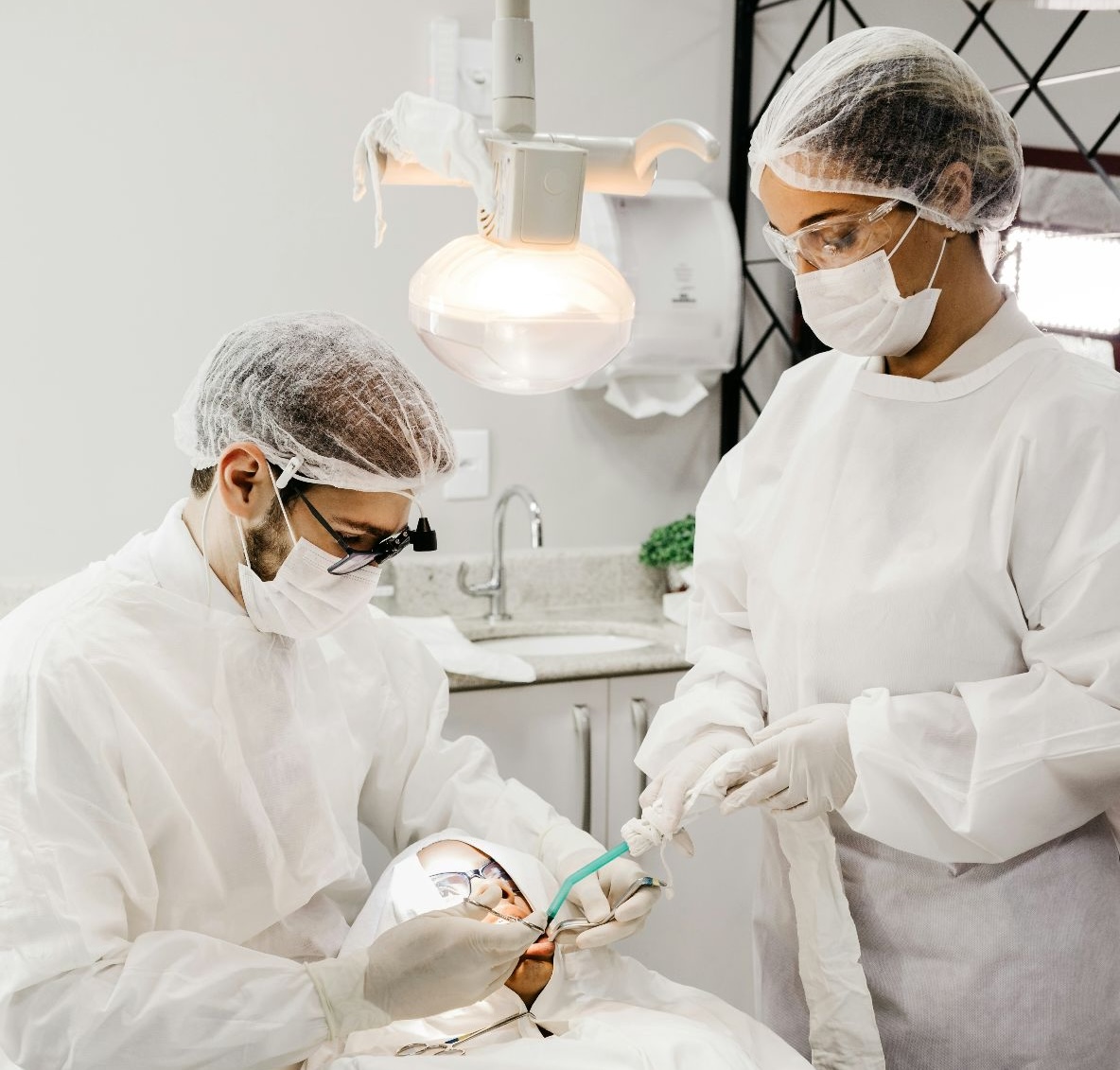If you are considering dental implants, you may be wondering about anesthesia during the procedure. There are several options when undergoing a procedure for the placement of dental implants, depending on your comfort level and the complexity and duration of the procedure. In this article, we will give you an overview of the most common anesthetic techniques.
Local anesthesia
Local anesthesia is usually the standard in simple implant procedures, such as single tooth replacement. The anesthetic is injected directly into the gums around the area where the implant will be placed. As a result, you will not feel anything during treatment, but will remain fully conscious. The anesthesia lasts for several hours, so you will not experience any pain even hours after the procedure.
Conscious sedation
Are you nervous before the procedure? Conscious sedation can help you get through the procedure without stress. With this technique, you remain awake but are put into a relaxed, calm state using a mild sedative. This sedation is combined with local anesthesia, so you do not experience pain, but you feel calm. This is ideal for patients who are more nervous before the procedure.
Full anesthesia
More complex or longer procedures, such as replacing multiple teeth or in patients with severe anxiety, are usually done under general anesthesia. This means you will be completely asleep and will not experience any of the surgery. Although full anesthesia is more drastic, it offers patients maximum peace and comfort during the procedure. Anesthesia is always administered by an experienced anesthesiologist, who closely monitors your vital signs during surgery.
After surgery: what can you expect?
After surgery, there may be mild pain or discomfort once the anesthesia wears off. This can be easily relieved with painkillers, such as ibuprofen or paracetamol. It is important to carefully follow the implantologist or surgeon’s aftercare instructions to promote a smooth recovery. Always maintain good oral hygiene to prevent complications.
The implantologist always determines the best option for you!
The choice of anesthesia depends on several factors, including the duration and complexity of the procedure and your personal preferences. For most procedures and patients, local anesthesia or conscious sedation is sufficient, but for those who are anxious or undergoing larger treatment, full anesthesia is often necessary. With the right form of anesthesia, you can rest assured that your treatment will be painless and smooth.
Are you interested in dental implants and have questions about anesthesia or the course of the procedure? Contact us. We are happy to help!
